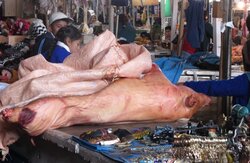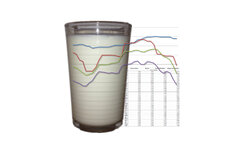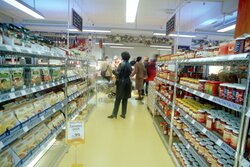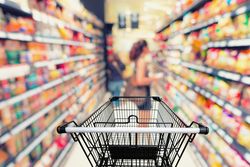Dossier
Develop local markets, understand global trade
Aida González-Mellado, Daniela Weible | 29.06.2022
Hunger and malnutrition are still a sad reality, mainly in poor regions of the world. A focal point is the often a poor and unstable food supply in many developing countries. Healthy food is often not available or simply unaffordable.
The role of markets needs to be understood in order to solve the most serious problems and to improve the sustainable supply of food. On the one hand, the purchase of food products should serve the dietary needs of people, but available food should also match the taste and habits of those who buy and ultimately consume the food. In most cases the local food supply is based not only on domestic production but also on imports. What is the optimal balance between regional or local food production and imports of food to satisfy nutrition needs and to guarantee the food security of poor regions in the best possible way?
Local agricultural production has immediate benefits: The food produced is locally available and targeted towards the local eating habits of consumers. However, locally or regionally produced food does not always guarantee the sufficient amount of protein, vitamins and minerals needed for sustainable food security. International agricultural trade facilitates the production of foods best suited to specific climatic and economic conditions. As a consequence, more food is produced at the global level as compared to world production based only on national production.
Disasters such as droughts or floods can cause serious supply shortages. These events show the significant advantage of the international food trade: food imports from surplus regions to compensate for food deficits in the other regions. In turn, export of food or other agricultural products contributes to increase income in poor regions. However, a stronger connection to regional and international markets also entails the risk that small farmers and fishermen are directly affected by international price movements caused by turbulences in other regions of globalized markets. The impact of local production systems and trade on supply and demand, on local income generation and on the status of nutrition security of the local population are far from being fully understood. This makes this topic an exciting and challenging area of research.

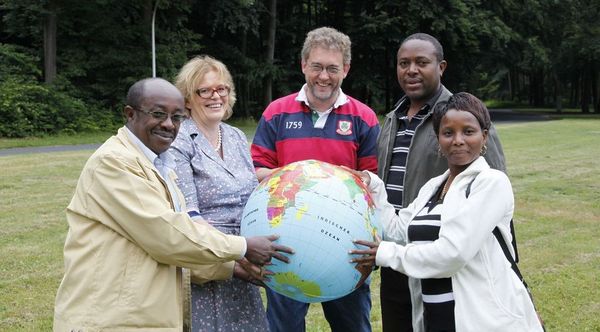
![[Translate to English:] AGMEMOD goes Africa](/media/_processed_/f/4/csm__MG_6995_31a8de0faf.jpg)


